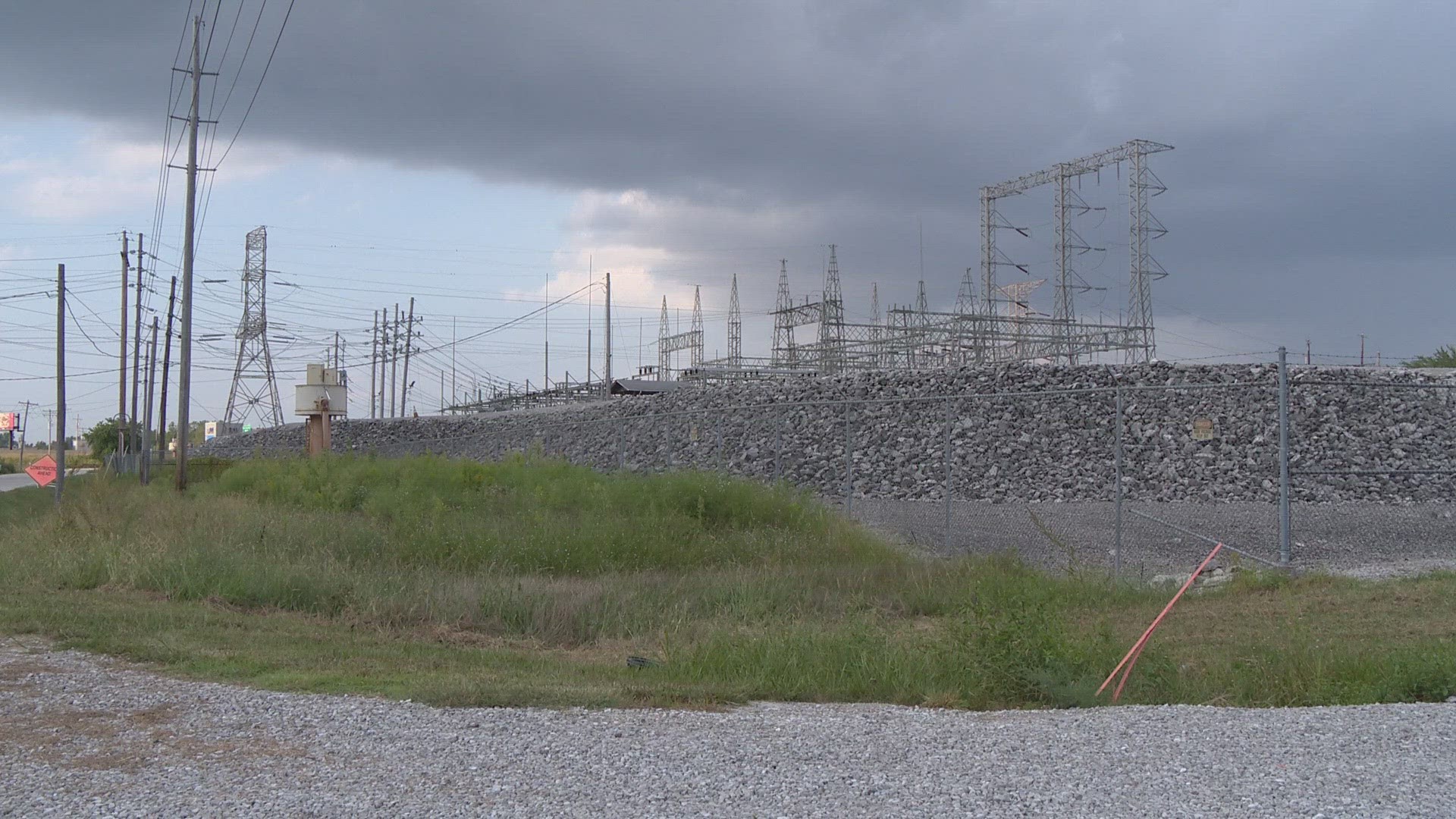MISSOURI, USA — Missourians haven't always taken clean drinking water for granted.
The assumption that residents' water is free of dangerous substances or toxic chemicals began only 50 years ago after Congress passed the Clean Water Act. Before then, the majority of Missouri's water systems neither filtered drinking water nor disinfected it.
A former head of Missouri's water protection program said a new state bill may take that assumption away by opening up half the state's drinking water supply to pollution, undoing the Clean Water Act's drinking water protections.
SB 981, introduced by Sen. Rusty Black who represents a chunk of northwest Missouri, would change which groundwater aquifers fall under the state's legal protection.
Editor's note: The above video aired during a previous broadcast.
Since the passage of the Clean Water Act, all groundwater in the state has had legal protection against pollution. Black's bill would change that to only include aquifers "that have surface connection with relatively permanent, standing or continuously flowing rivers and streams."
The new definition looks straightforward, but a former Missouri Department of Natural Resources (DNR) water expert said the language change would have dire effects on half the state's population.
"[The bill] is devastating to people who use groundwater for drinking water," said John Madras, a retired DNR Water Protection Program director. "It takes so much out of the equation that it's dangerous."
More than 3 million people in Missouri rely on groundwater as their primary water source through public or private wells, according to DNR's 2023 Census of Missouri Public Water Systems. Of the 2,618 state water systems that either entirely or partially use groundwater, only 5 of them are considered "under direct influence of surface water" and would meet the bill's new definition.
Sen. Black, in response to 5 On Your Side's request for comment, said he filed the bill to give clarity to citizens on what waters were and were not regulated by the state. He also said that he is aware of and acknowledges the concerns people have over the bill's wording.
"I am actively seeking to address those concerns and have met with the Missouri Department of Natural Resources as well as local governments to explore solutions that would ensure that these subsurface aquifers do not lose pollution protections," Black said. "If and when SB 981 gets a hearing there will be a Senate Committee Substitute (Amendment) that will address these concerns."
DNR conducts regular sample testing of well water and nearby surface waters to determine whether aquifers have a surface connection.
"Groundwater aquifers under direct influence of surface waters can become contaminated with bacteria and other pathogens, so it’s important to conduct sampling to determine if an aquifer is under direct influence," said current DNR Water Protection Program Director John Hoke. "Groundwater quality analyses are compared to local surface water quality, as well as local subsurface geological conditions, to determine if the groundwater is influenced by surface water."
Madras said the possible loosening of groundwater pollution protections wasn't the only red flag he noticed in the bill. The bill would also change which wetlands, lakes and ponds would fall under the state's legal protections, which would potentially dissolve the state's flooding defense and open up well-known lakes like the Lake of the Ozarks and Mark Twain Lake to pollution.
"In Missouri, we've always treasured our water and we've said it's the lifeblood of the state," Madras said. "There's no way we should let it, in any way, become in jeopardy. This bill does that."
Black also said the bill is attempting to differentiate between regulations for natural wetlands and artificially created wetlands. He said that he is open to making changes to strengthen the language of the bill.
SB 981 was referred to the Senate's Agriculture, Food Production and Outdoor Resources Committee on Jan. 25. No further actions have been taken on it.
Top St. Louis headlines
Get the latest news and details throughout the St. Louis area from 5 On Your Side broadcasts here.

